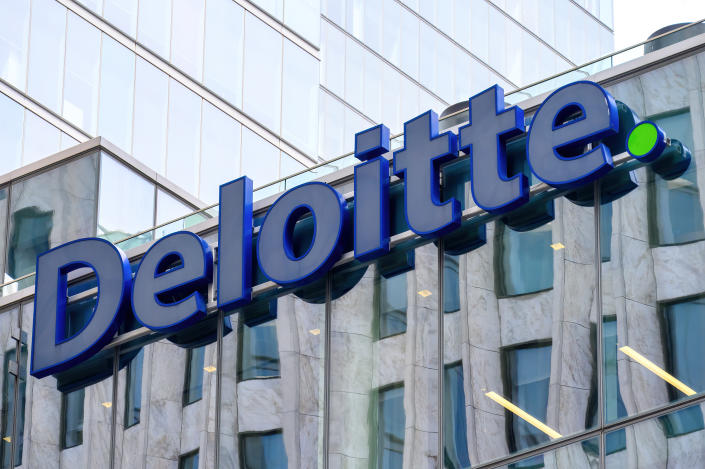After two years of “subpar” economic activity, the Canadian economy will “hit its stride” in 2025, Deloitte Canada says in its latest economic forecast.
An expected pickup in consumer spending and recovery in the housing market, combined with continued rate cuts from the Bank of Canada, has set the stage “for the economy to hit its stride in 2025”, Deloitte Canada said in its latest fall economic outlook released on Thursday.
Deloitte expects that with inflation continuing to ease, the Bank of Canada will continue to cut its benchmark policy rate. It expects the central bank to trim its policy rate by 25 basis points at each of its remaining two announcements, bringing it to 3.75 per cent. The loosening of monetary policy will continue through 2025, with Deloitte predicting the Bank’s policy rate will hit 2.75 per cent by mid-year.
The lowering of interest rates should help consumer confidence recover, Deloitte says, and housing activity to pick up in late-2024 and through 2025.
“The overall story is that after a couple of years of really subpar economic activity in 2023 and 2024, we anticipate a stronger year for the Canadian economy in 2025,” Deloitte Canada’s chief economist Dawn Desjardins said in an interview with Yahoo Finance Canada.
“If we’re right about inflation, if we’re right about the Bank of Canada being able to get the policy rate down to a more neutral level, I do think that will foster an improvement in consumer confidence. With consumers feeling better, businesses feel better and they start to expand. That’s what gets us on more solid footing.”
However, Desjardins notes that there are still risks to the outlook.
Deloitte says the biggest downside risk to the economic forecast is geopolitical uncertainty, particularly trade tariffs, which former president Donald Trump has promised to implement if elected in the United States. The report also highlights rising trade tensions between Canada and China.
On the upside, Deloitte notes that the savings rate among consumers pushed above seven per cent last quarter, the highest outside the COVID-19 pandemic since the early 1990s.
“As a result, the stockpile of savings may prove excessive to meet higher mortgage payments and an unleashing of this savings on the economy represents an upside risk to the forecast,” the report said.
Desjardins also says a key assumption in the forecast is that the labour market will not see a significant downturn. While slack has grown in the labour market and the unemployment rate hit 6.6 per cent in August, Deloitte expects it will reach 6.7 per cent in the fourth quarter before easing slightly next year to 6.2 per cent by the fourth quarter of 2025.
Deloitte adds that with about half of all outstanding mortgages yet to refinance in the higher interest rate environment, many households will be grappling with higher costs.
“If people are keeping their jobs and we see income growth, (the mortgage cost increase) is not great, but it’s certainly manageable,” Desjardins said.
“That’s the key point that really keeps our forecast together. If we should see a significant deterioration in labour market conditions, then I think it’s a much weaker story for 2025.”

